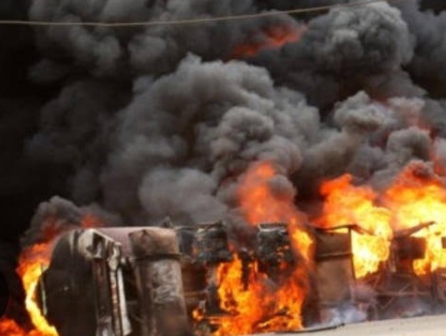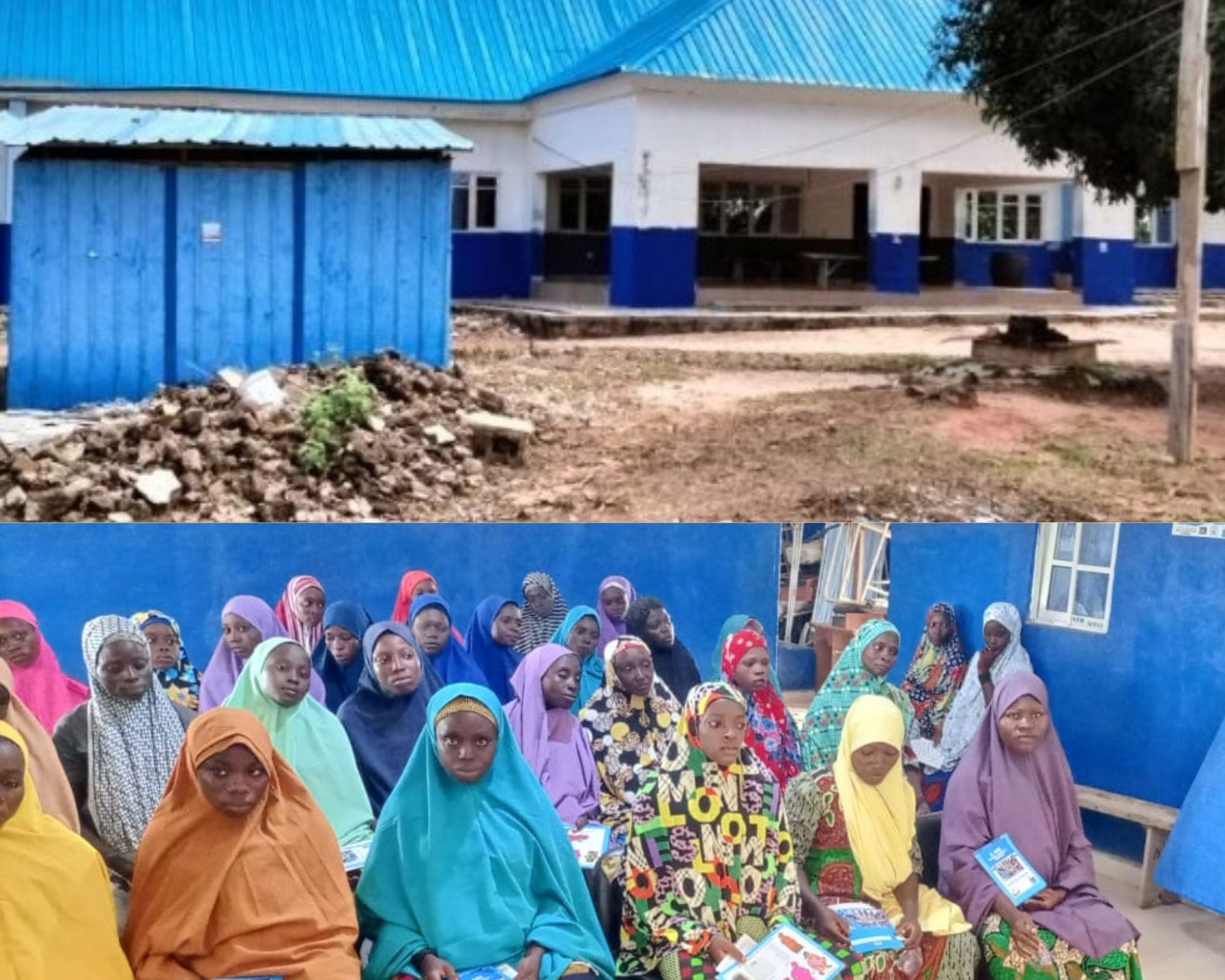“Over 300 deaths since 2019” — Number of times army’s accidental strikes killed innocent Nigerians

According to a report by SBM Intelligence, the Nigerian Air Force has been responsible for the accidental deaths of over 300 civilians through airstrikes since 2019. This disturbing pattern raises significant concerns regarding the safety of civilians during military operations.
Accidental Airstrikes Persist Despite Past Incidents
The problem of accidental airstrikes continues to persist, as evidenced by incidents in Rann (2017), Sakotoku (2020), Kurebe (2022), and most recently in Kaduna state. The recurrence of such incidents further amplifies worries about the safety of civilians in areas targeted by military operations.
Kurebe Village Tragedy in Niger State
On April 13, 2020, a tragic event unfolded in Kurebe, a remote settlement in Niger State. A Nigerian Air Force fighter jet allegedly killed six children and destroyed houses during an airstrike. Concerns arise as the attack occurred when children were fetching water, and the village was reportedly free of bandits during the incident. The loss of orphaned children from previous attacks highlights the persistent threat posed by terrorists in the region.
Kaduna State’s Shocking Revelation and Denial
A shocking revelation came to light in Kaduna State when the government disclosed the inadvertent role of the Nigerian Army in a bomb dropped on Tudun Biri during a Maulud celebration. This unfortunate incident resulted in the loss of over 30 lives.
Initially, the Nigerian Air Force denied any involvement, but Deputy Governor Dr. Hadiza Balarabe later confirmed the army’s role in a subsequent meeting, leading to increased scrutiny and questioning of the military’s accountability.
Yobe State Incident and Civilian Casualties
On September 28, 2021, an incident occurred in Yobe State where the Nigerian Air Force reportedly launched an attack that resulted in the deaths of nine civilians. Initially, the NAF denied their involvement, but later acknowledged the occurrence of civilian casualties amid the ongoing warfare against Islamist insurgencies.
READ ALSO: SPECIAL REPORT: Over 200,000 Nigerians risk death from cardiovascular diseases by 2023: here’s why
This incident, which followed the provision of fighter planes by the U.S., sparked criticism regarding the military’s handling of civilian safety. Of particular concern was the targeting of Daban Masara’s fish market, resulting in the tragic loss of over 50 lives and emphasizing the dire consequences of military operations on innocent civilians.
In summary, the alarming number of accidental strikes by the Nigerian Air Force and their devastating impact on civilians, as exemplified by incidents in Niger, Kaduna, and Yobe states, underscore the critical need for stricter protocols, accountability, and enhanced measures to ensure civilian safety during military operations.
Kaduna State incident
In Katsina State, the Air Force unknowingly bombed Kunkuna village after a suspected terrorist attack on a presidential convoy. The incident resulted in the destruction of a building, resulting in the unfortunate death of an elderly woman and injuries to 27 individuals.
In July 2022, Kunkuna village in Katsina experienced casualties when it was struck by a fighter jet from the Nigerian Air Force (NAF). Chief of Air Staff, Oladayo Amao, promptly initiated investigations into the accidental airstrikes on civilians during military operations.
The incident further highlights the pressing issue of unintentional harm caused to civilian populations during military actions.
Furthermore, in April 2021, in Mainok, Borno State, it is alleged that more than 20 soldiers lost their lives due to a fighter jet’s intervention in response to Boko Haram attacks based on incorrect coordinates.
The incidents in Kunkuna village and Mainok shed light on the ongoing tragic consequences of accidental strikes during military operations. These events have raised important questions regarding the impact of military actions on civilian populations and the necessity for robust measures to prevent such mishaps in the future.
As investigations continue and accountability is sought, it is crucial for the military to prioritize civilian safety and implement effective strategies to prevent inadvertent harm in order to mitigate the tragic consequences of these incidents.




